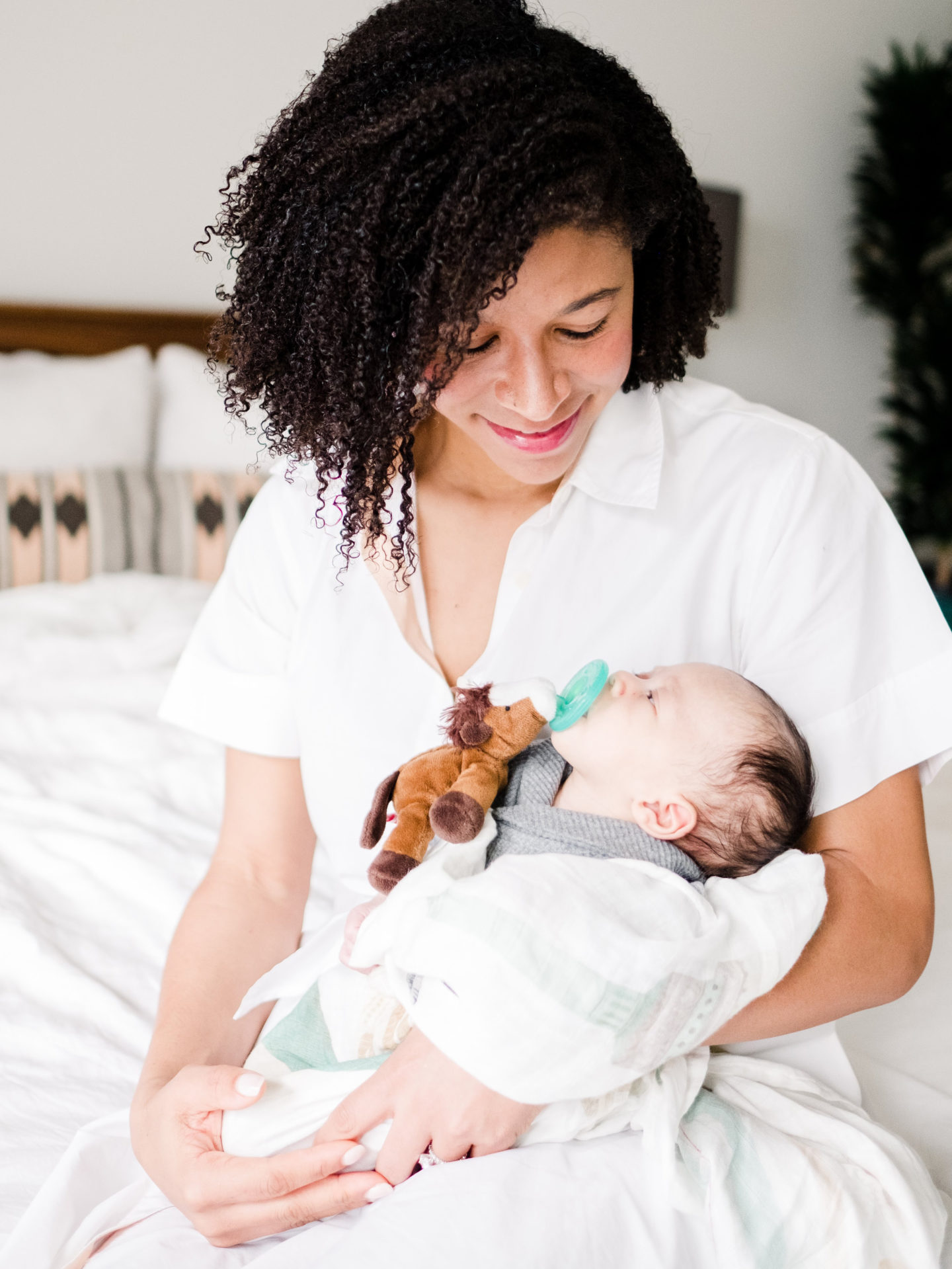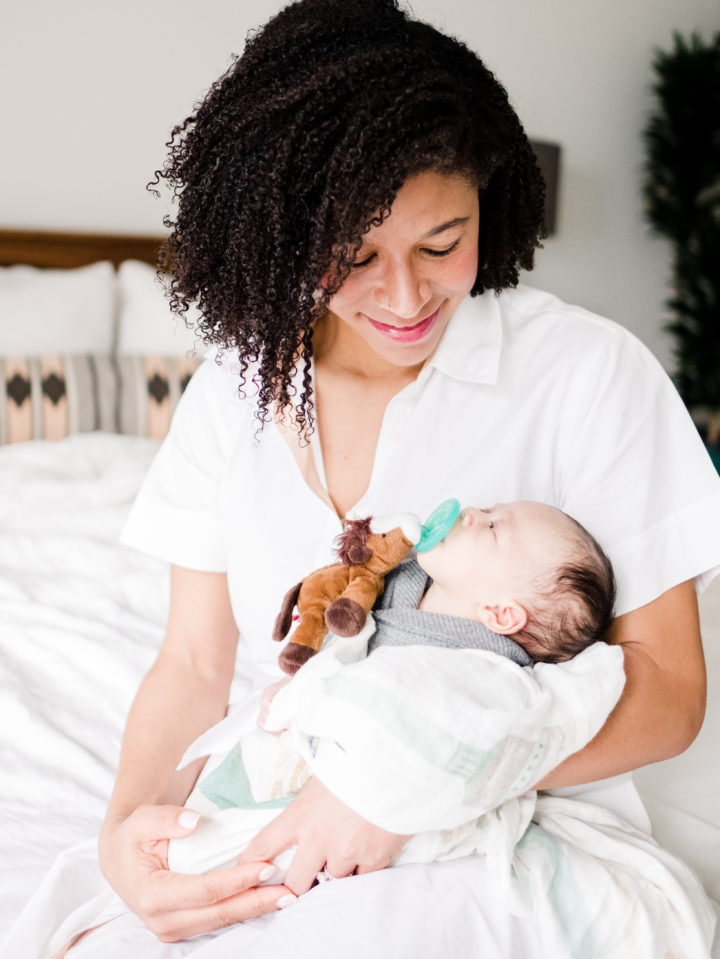I stared at my doctor blankly. I’d just asked him for advice on how I could improve my situation, but instead of offering me a solution, he gave me a blanket statement.
“Black women are at higher risk for placental challenges,” he said swiftly.
It was my 20-week ultrasound and I was told that my pregnancy was high-risk for preterm labor and that if I wasn’t careful, my baby could be born at any moment. I asked him what more I could do. That first doctor’s matter-of-fact reply was my first inkling something was off — that my concerns weren’t being taken seriously.
When I became pregnant, I knew there would be challenges to face (of course, I couldn’t anticipate the difficulties of navigating postpartum recovery and new parenthood during the COVID-19 pandemic). But what I didn’t anticipate were the constant brush-offs from healthcare providers.
Here’s what no waiting-room pamphlet tells you: Being a Black mother in the U.S. is a life-threatening endeavor.
I would go on to have many more interactions with doctors like the one I had at my 20-week scan. Interactions that made me feel isolated and alone in my struggles. No real solutions were ever offered, just the constant reminder from doctors that Black women are more likely to experience the same challenges that I faced. Throughout the course of my pregnancy, I ended up googling possible solutions because I knew I wouldn’t find them at the doctor’s office.
Being a Black mother in the U.S. is a life-threatening endeavor.
The sad reality is that this level of indifference isn’t anything new. Racism in maternal care is widespread and lethal. Regardless of socio-economic status or physical ability, to be pregnant as a Black woman in the United States remains an existential risk. According to Dr. Ana Langer, director of the Women and Health Initiative at the Harvard T.H. Chan School of Public Health in Boston “The reasons behind the racial disparities are many and complex.”
But there’s an even greater problem, she noted. “Basically, black women are undervalued. They are not monitored as carefully as white women are. When they do present with symptoms, they are often dismissed.”
And this disparity doesn’t end there. Being successful, affluent or even world-wide famous didn’t inoculate Serena Williams or Beyoncé from experiencing life-threatening complications in their pregnancies.
As Linda Villarosa writes for The New York Times, “Education and income offer little protection. In fact, a black woman with an advanced degree is more likely to lose her baby than a white woman with less than an eighth-grade education.”
Study after study have found this to be true, with the CDC reporting that Black mothers in the U.S. die at three to four times the rate of white mothers. This also speaks to my own experience. I am a Stanford-educated wellness junkie who runs marathons, does yoga five times a week, and drinks a kale smoothie everyday.
And yet, I still nearly died during childbirth.
My placenta abrupted and my son, Everett and I were fortunate to make it out alive. In large part, I think, because we had the resources to survive. But this near-miss shook me. Had I not been in one of the country’s top hospitals, and had I not had access to every possible wellness resource possible, my story may have turned out entirely different. The fact remains: many families cannot count on this privilege. It’s something I think about every time I hold my son in my arms.
I believe we can do better. And it’s this belief that drives my efforts with the work I do at Expectful — to offer solutions in place of blanket statements. My experience as a Black mother was stressful, isolating, and scary. It’s evident that Black women face an entirely different set of challenges than other pregnant women. Based on what I went through, and my conversations with countless other Black mothers, I wanted Expectful to create a meditation pack specifically designed for Black mothers by Black mothers.
Fortunately, there are many phenomenal women and organizations that have led the charge in combating racism in maternal care, long before Black Maternal health became topical. The crisis facing Black mothers is devastating and complex. Meditation alone will solve the problem. However, if these meditations that we created can help just one Black mama feel validated and less alone in the struggles she faces, then we will have made a small contribution towards this complicated challenge.


